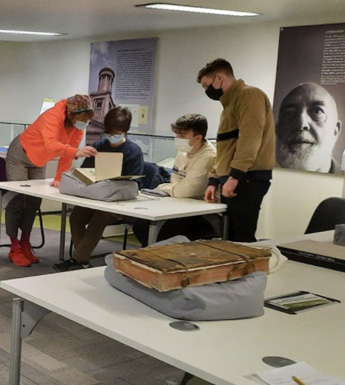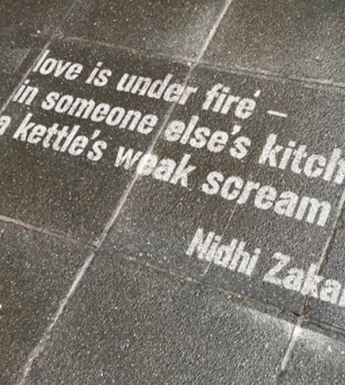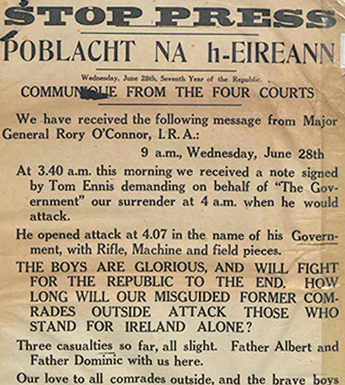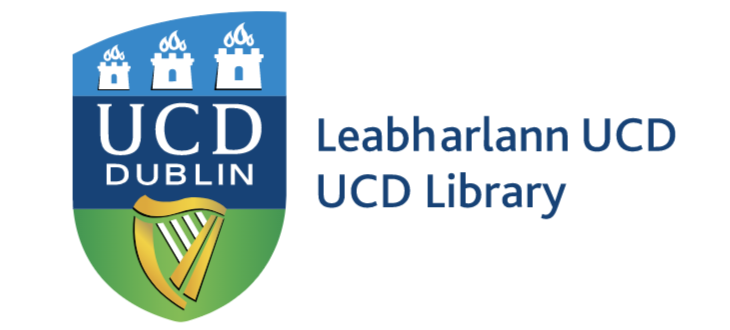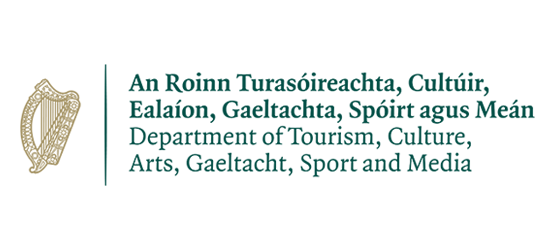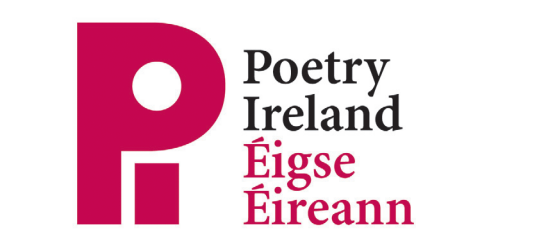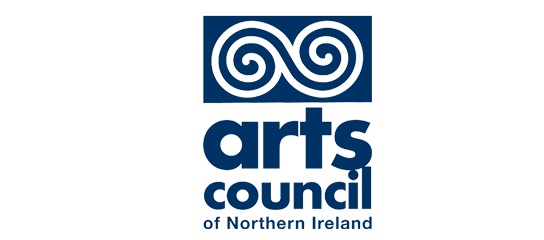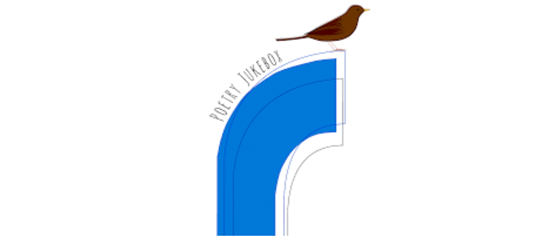Working with poets and communities across the island of Ireland to deepen our collective understanding of the past.
An initiative of the Irish Poetry Reading Archive at UCD supported by the Department of Tourism, Culture, Arts, Gaeltacht, Sport and Media, under the Decade of Centenaries 2012-2023 programme



